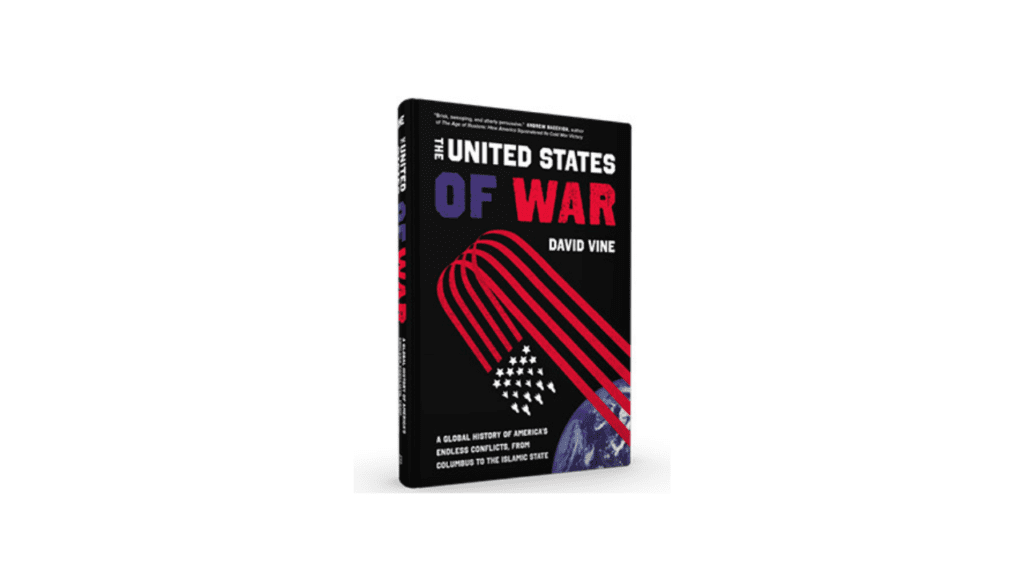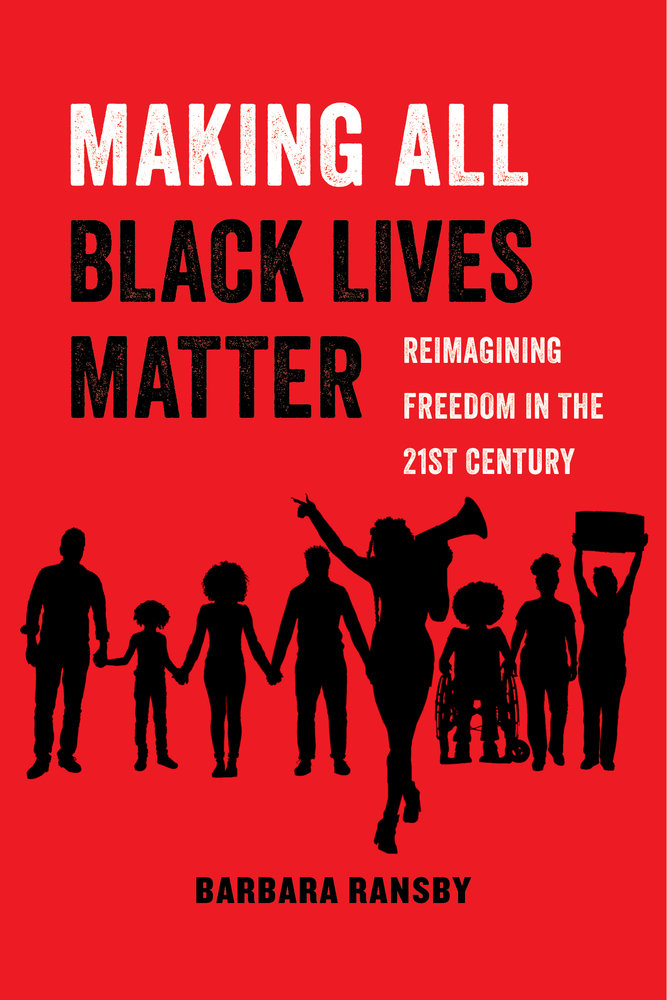Looking for more video content for your courses? We’ve rounded-up some recent recorded events, short lectures, and Q&As with our authors to integrate into your lesson plans.
The featured books cover a wide-range of current events and social justice topics, including racial justice and Black Lives Matter, immigration, the military-industrial complex and American imperialism, corporate greed and capitalism, climate justice, politics and the rise of fascism, and more. Anyone teaching on these topics, or in the fields such as American Studies, Sociology, Anthropology, History, and Environmental Studies will find engaging materials to share with students.
Federico Finchelstein, A Brief History of Fascist Lies
Why does Trump lie? And why are the lies fascists tell so significant to their political power? Federico Finchelstein, a world-renowned historian and Professor of History at the New School for Social Research and Eugene Lang College, unpacks the answer in his new book A Brief History of Fascist Lies. Finchelstein joined UC Press Director Tim Sullivan in this virtual conversation to discuss how his book is essential for understanding our current “post-truth” moment, and how posing hateful and racist lies as truth is core to fascist leaders’ powerful political ideology.
Barbara Ransby, Making All Black Lives Matter
As an acclaimed historian, activist adviser to the Movement for Black Lives, and author of Making All Black Lives Matter, Barbara Ransby is a key voice in helping us understand the movements for racial justice and how we can make social change.
In Making All Black Lives Matter: Reimagining Freedom in the Twenty-First Century, Ransby outlines the scope and genealogy of this movement, documenting its roots in Black feminist politics and situating it squarely in a Black radical tradition, one that is anticapitalist, internationalist, and focused on some of the most marginalized members of the Black community.
Ransby appears in several interviews with Democracy Now!, mostly recently discussing the “Biden Problem,” and how to hold democrats accountable on racial justice. You can view all interviews here.
Naomi Paik, Bans, Walls, Raids, Sanctuary
Days after taking the White House, Donald Trump signed three executive orders—these authorized the Muslim Ban, the border wall, and ICE raids. These orders would define his administration’s xenophobic, racist, ableist, and patriarchal approach toward non-citizens. By all accounts, he embodies an anti-immigrant platform.
But as Naomi Paik explains, the real problem is not Donald Trump. The problem is the United States and the foundational oppressions our country is built on.
Scholar Naomi Paik, author of the coursebook Bans, Walls, Raids, Sanctuary: Understanding U.S. Immigration for the Twenty-First Century joined UC Press Editorial Director Kim Robinson in this virtual conversation to discuss the dark historical truths at the root of U.S. immigration policy, and how embracing an abolitionist sanctuary movement for all has the power to challenge state violence and overturn interlocking systems of oppression.
Sarah Jacquette Ray, The Field Guide to Climate Anxiety
How can we effectively combat climate change while grappling with feelings of powerlessness and despair? This is one of the key questions author Sarah Jaquette Ray, professor of environmental studies at Humboldt State University, seeks to answer in her new book, A Field Guide to Climate Anxiety: How to Keep Your Cool on a Warming Planet.
In celebration of the 50th anniversary of Earth Day and amidst the COVID-19 pandemic, Ray joined UC Press Executive Director Tim Sullivan in this virtual conversation to discuss what compelled her to write the book, strategies for climate justice activists to avoid burnout, and why this “existential tool kit” for the climate generation is so essential.
David Vine, The United States of War
Why is the U.S. always at war? In The United States of War: A Global History of America’s Endless Conflicts, from Columbus to the Islamic State anthropologist David Vine traces this pattern of bloody conflict from Columbus’s 1494 arrival in Guantanamo Bay through the 250-year expansion of a global US empire.
In this interview with Democracy Now!, Vine talks about his book, as well as his recent co-authored Costs of War Project, which finds U.S. wars since September 11th have displaced at least 37 million people.

Barbara Freese, Industrial / Strength Denial
Barbara Freese, an environmental attorney, confronted corporate denial years ago when cross-examining coal industry witnesses who were disputing the science of climate change. She set out to discover how far from reality corporate denial had led society in the past and what damage it had done.
The result of her work was Industrial-Strength Denial: Eight Stories of Corporations Defending the Indefensible, from the Slave Trade to Climate Change, a deeply-researched, epic tour through eight campaigns of denial waged by industries defending the slave trade, radium consumption, unsafe cars, leaded gasoline, ozone-destroying chemicals, tobacco, the investment products that caused the financial crisis, and the fossil fuels destabilizing our climate.
Freese was featured on The Joe Rogan Experience, Spotify’s most listened to podcast of 2020. You can find a clip of the interview below, and the full interview on Spotify.
Rene Almeling, GUYnecology
What do we really know about men’s reproductive health?
The answer, accordingly to author Rene Almeling, is surprisingly little. In contrast, the medical specialty of gynecology, focused on women’s reproductive health, began over 100 years ago. Today, both medical and cultural messages about reproduction and fertility still overwhelmingly target women.
Sociologist Rene Almeling, author of GUYnecology: The Missing Science of Men’s Reproductive Health, joined UC Press Executive Director, Tim Sullivan in this virtual conversation to discuss why there is still such limited research about men’s health, and how we can reframe the conversations around reproductive politics.
